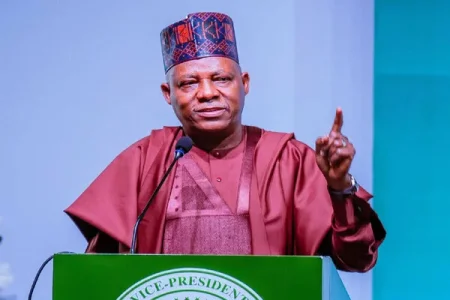
Nigeria has secured a major victory as the Process and Industrial Development (P&ID) lost its final appeal in an eleven-billion-dollar arbitration case. The case revolves around a failed gas processing project, and the recent ruling marks the conclusion of a protracted legal battle.
The London High Court had initially halted the enforcement of damages against Nigeria in October, citing P&ID's involvement in bribery and failure to disclose crucial information during arbitration. Judge Robin Knowles, in his recent ruling, firmly rejected P&ID's attempt to overturn the judgment, affirming the decision to throw out the damages award entirely.
The October ruling, in favor of Nigeria, highlighted that the $11 billion award against the country was obtained through fraudulent means. Judge Knowles uncovered evidence of bribery by P&ID to Nigerian officials involved in the gas supply and processing agreement drafted in 2010. Additionally, the judge discovered that P&ID had illegally possessed Nigeria's privileged legal documents during arbitration hearings.
Nigeria's plea to set aside the award gained momentum as the country argued that individuals involved in the case were facing charges of money laundering and graft. Despite P&ID's efforts to downplay the significance of the documents found in their possession, Judge Knowles, on Thursday, refused to grant permission to appeal, closing the legal avenue for P&ID.
The background of the case dates back to January 2010 when P&ID signed a Gas Supply and Processing Agreement (GSPA) with Nigeria, a deal that eventually collapsed in August 2012. P&ID sought $5.96 billion in compensation, leading to arbitration proceedings at the London Court of International Arbitration. In January 2017, the arbitration ruled in P&ID's favor, ordering Nigeria to pay $6.6 billion with accumulating interest, reaching over $11 billion.
Nigeria's appeal against the enforcement of the award gained traction in September 2020, arguing that the contract and the arbitration award were tainted by fraud. The October ruling not only confirmed the fraudulent procurement of the awards but also deemed how they were obtained contrary to public policy. This final denial of appeal solidifies Nigeria's legal victory in a complex and closely-watched case.




